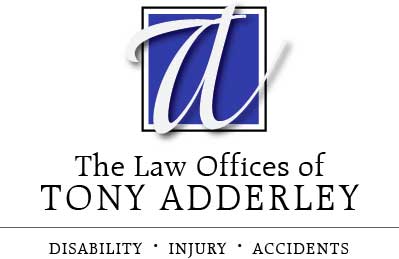If you’ve applied for Social Security disability benefits‚ you will need to know what to anticipate at a Social Security hearing. It’s not easy to predict. The Social Security Administration (SSA) does not publish any detailed outline of the hearing process apart from the broad guidelines offered in the SSA’s “HALLEX” (Hearings, Appeals, and Litigation Law) manual.
The HALLEX regulations are somewhat open-ended‚ so the administrative law judge has significant discretion in how a hearing is conducted. He or she is free to determine which issues will be discussed and when these issues can be presented during the hearing. Clearly, at a Social Security disability hearing, you’ll need the help of an experienced Social Security disability attorney. Nevertheless, a general outline of the Social Security disability hearing procedure can be described.
Social Security regulations allow an administrative law judge to permit all sorts of evidence into your hearing, including items that would be inadmissible in a conventional judicial procedure. While the judge may conduct the hearing as he or she pleases, in most cases witnesses will provide testimony under oath, and both parties will have a chance to cross-examine the other side’s witnesses. Again, testimony can be heard in a disability which might not be allowed in a regular civil or criminal procedure. The judge may or may not have witnesses removed from the hearing room when they aren’t testifying.
To win at the disability hearing level, you’ll need representation from a good Social Security disability lawyer. If you’ve been denied benefits, a good disability attorney will appeal the ruling. He or she will help you gather the evidence and line up the witnesses you’ll need to win. If you’re applying for Social Security disability benefits – at any stage in the process – consult with an experienced Social Security disability attorney as quickly as possible.

